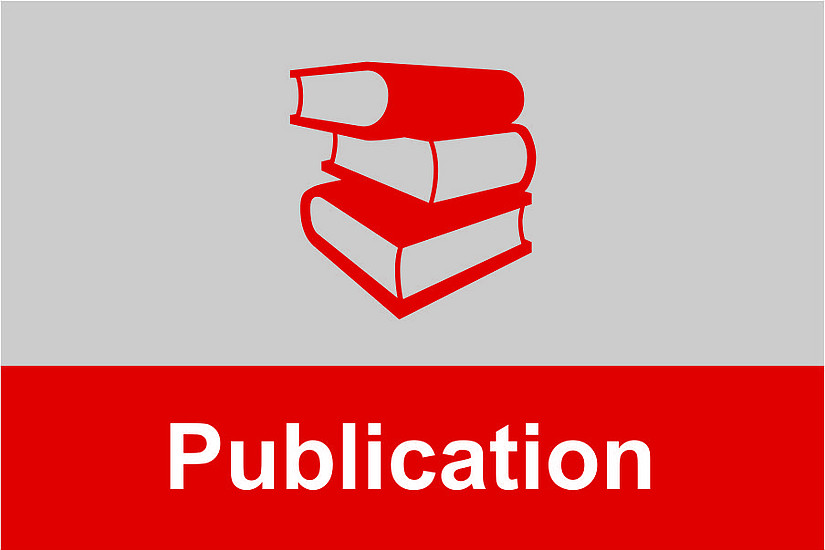Uncertainty, Learning and International Environmental Agreements: The Role of Risk Aversion
This paper analyses the formation of international environmental agreements (IEAs) under uncertainty, learning and risk aversion. It bridges two strands of the IEA literature: (i) the role of learning when countries are risk neutral; (ii) the role of risk aversion under no learning. Combining learning and risk aversion seems appropriate as the uncertainties surrounding many international environmental problems are large, often highly correlated (e.g. climate change), but are gradually reduced over time through learning. The paper analyses three scenarios of learning. A key finding is that risk aversion can change the ranking of these three scenarios of learning in terms of welfare and membership. In particular, the negative conclusion about the role of learning in a strategic context under risk neutrality is qualified. When countries are significantly risk averse, then it pays them to wait until uncertainties have been largely resolved before joining an IEA. This may suggest why it has been so difficult to reach an effective climate change agreement.
Ulph, A., Pintassilgo, P. und Finus, M. (2019): Uncertainty, Learning and International Environmental Agreements: The Role of Risk Aversion, in: Environmental and Resource Economics, Vol. 73, No. 4, pp. 1165–1196, doi: doi.org/10.1007/s10640-018-0295-z.
Weitere Publikationen finden Sie hier.




